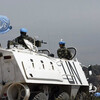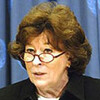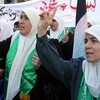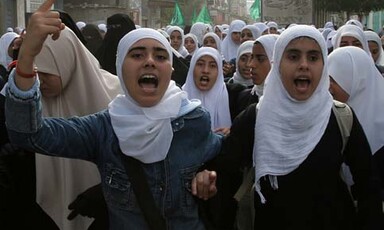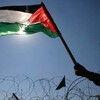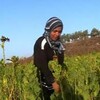
Hollow visions of Palestine's future
20 November 2006
David Grossman’s widely publicised speech at the annual memorial rally for Yitzhak Rabin earlier this month has prompted some fine deconstruction of his “words of peace” from critics. Grossman, one of Israel’s foremost writers and a figurehead for its main peace movement, Peace Now, personifies the caring, tortured face of Zionism that so many of the country’s apologists — in Israel and abroad, trenchant and wavering alike — desperately want to believe survives, despite the evidence of the Qanas, Beit Hanouns and other massacres committed by the Israeli army against Arab civilians. Grossman makes it possible to believe, for a moment, that the Ariel Sharons and Ehud Olmerts are not the real upholders of Zionism’s legacy, merely a temporary deviation from its true path. Read more about Hollow visions of Palestine's future

